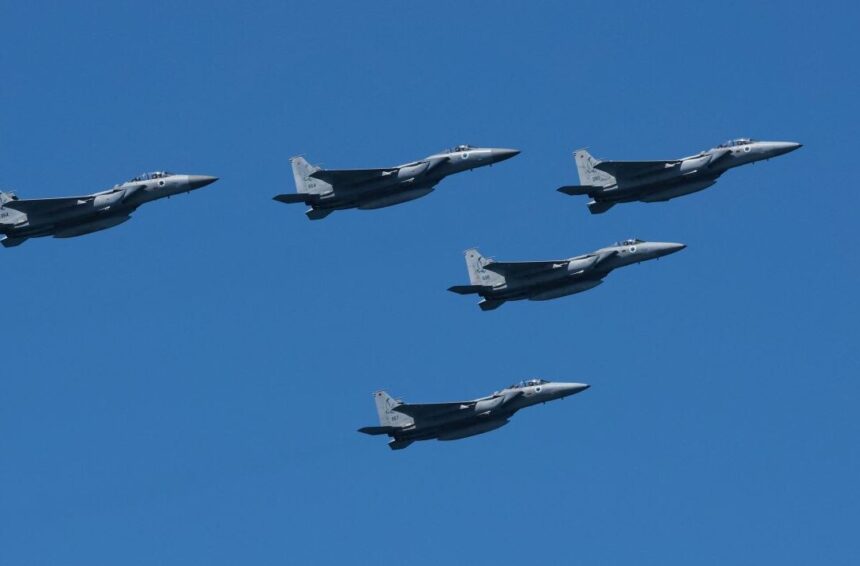Israel’s military chief has stated that Israel will retaliate against Iran’s missile and drone attack. The response is imminent, although the specifics of how and when remain unclear. Herzi Halevi, the head of the Israeli Defense Forces, emphasized that Iran’s assault will not go unanswered but did not provide further details. The attack targeted the Nevatim air base, resulting in minimal damage according to Israel. The country’s preparedness and response capabilities were highlighted, with Halevi mentioning the importance of having the United States as an ally.
Prime Minister Benjamin Netanyahu is in discussions with top officials regarding a potential response to Iran’s extensive attack involving drones, ballistic missiles, and cruise missiles. Despite calls for restraint from world leaders, including the U.S., Israel is considering its next steps. The recent attack marked the first direct targeting of Israel by Iran since 1979, although proxy attacks have been ongoing in the region.
Following the attack, several airlines canceled or delayed flights to Israel and neighboring countries due to heightened tensions. The Iranian assault was reportedly in retaliation for an Israeli airstrike on a Syrian compound that resulted in casualties for Iranian officials. Iran issued warnings to both Israel and the U.S., threatening significant responses to any counterattacks.
The U.S. National Security Council has refrained from commenting on Israeli response plans, emphasizing that they are not involved in the decision-making process. President Joe Biden acknowledged the effectiveness of U.S. military support in intercepting drones and missiles launched towards Israel. The ongoing conflict between Israel and Iran has escalated, with both sides on high alert following the recent attacks. Israel’s government is currently in discussions with Hamas to secure the release of the remaining hostages. The Associated Press has provided insights into this ongoing negotiation process.
Source link





